The fluid Perak and the dark horse in Tambun
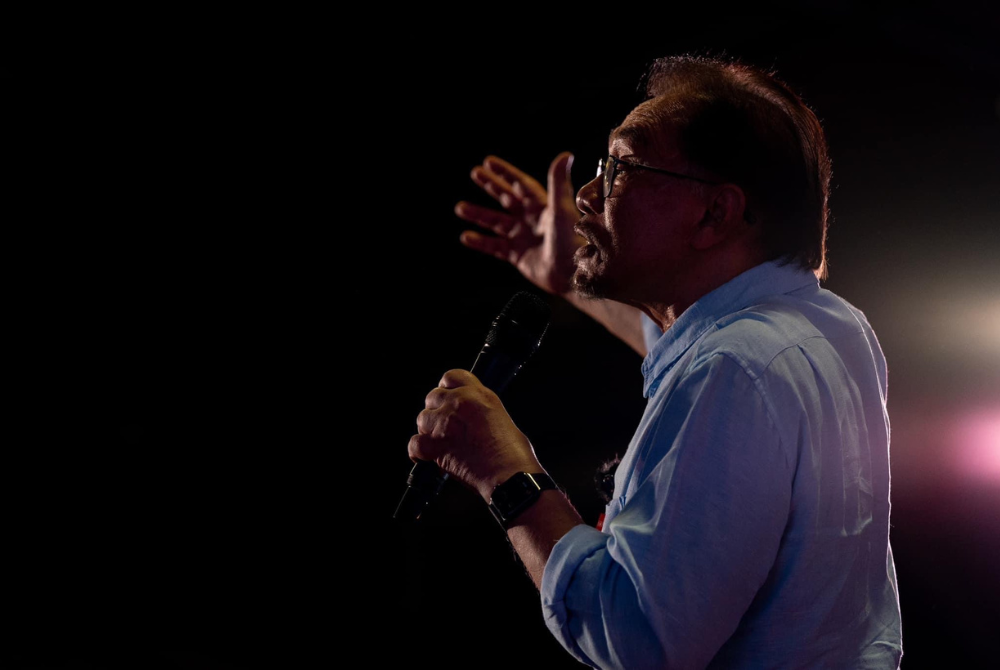
IPOH – It has grown leafier and more canopic with thick ferns and vines blanketing its woody bark since its inadvertent political cameo 13 years ago but tangible traces of the rain tree’s role in the then-constitutional crisis was already lost in the passage of time.
However, the forlorn fate of Perak’s controversial “Democracy Tree” – which sits at a roadside corner; mere hundred meters of walking distance across the state assembly building – was inevitable.
After all, the marble plaque that was supposed to immortalize the role the rain tree played was vandalized with its broken pieces were ultimately auctioned away by the now-defunct Pakatan Rakyat (PR) coalition.
To the uninitiated, the Democracy Tree was where, a group of 27 PR lawmakers of the silver state held an “emergency assembly” on March 3, 2009, following a convoluted leadership crisis – triggered by party-hopping – which eventually ended its grip on Perak.
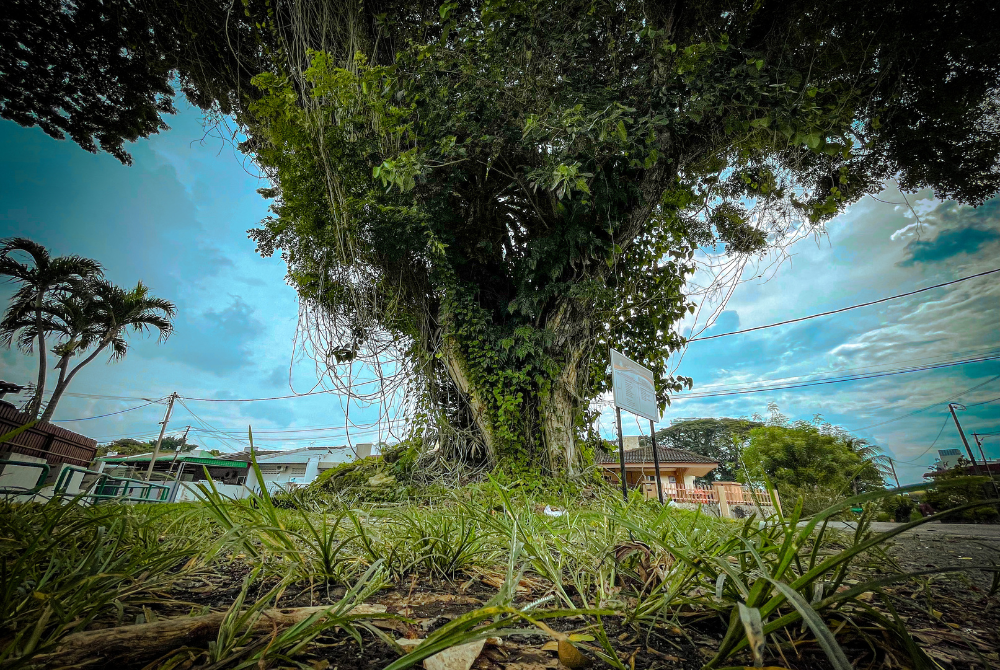
The drama was triggered when a Barisan Nasional (BN) assemblyman defected to PR only to jump back to BN along with the departure of three PR assemblymen to be BN-friendly independents.
“The switcheroo gave BN the numbers it needed to form government without calling a snap poll as the coalition managed to convince the late Sultan Azlan Shah that it had the support from the three independents to do so,” said politically savvy local, Rahmat Omar.
The loss was a huge blow to PR because of the historic windfall victory that it gained from the 2008 General Elections which allowed it govern Perak.
“For the first time in history, the opposition here had managed to topple Barisan Nasional (BN) from the tin-rich state since Malaya had its first general elections in 1955. Before 2008 it was pretty much business as usual,” Rahmat added.
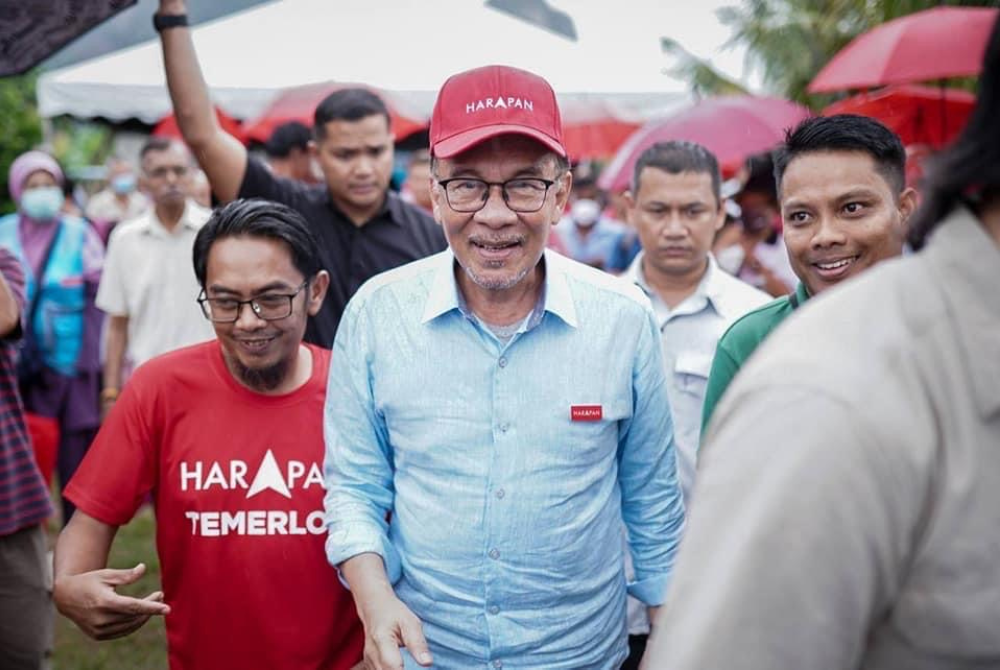
Indeed, in Perak, opposition parties rarely threatened, with the DAP – a component party of PR, along with PKR and Pas – being the biggest spoiler but even then – prior to 2008 – it never managed to secure even 30 per cent of the state seats.
DAP, the predominantly Chinese party, made its first significant inroad into Perak in 1974 when it won 11 of the 42 state seats (now increased to 59); it was an almost doubled gain since the party’s first debut in 1969 General Elections where it won only six state seats.
Interestingly, the DAP’s 1974 electoral results happened against the backdrop of the racial riots starting on May 13, 1969, which sort of gave credence to claims that the result had a chauvinistic undertone to it. Furthermore, 10 of the 11 seats won were Chinese majority areas.
However, a group of elderly Chinese who were sipping coffee at a local kopitiam in the heart of Ipoh rebutted this view, insisting that DAP’s feat in Perak in 1974 was because it was the only opposition party.
DAP became the sole opposition in Perak in 1974 after PAS, Gerakan and the People’s Progressive Party joined the Alliance – before it was rebranded as BN in 1969 – in 1972, which was a year after Parliament reconvened after it was suspended following the riots.
Aside from 1974, the most state seats the DAP had ever won on its own in Perak was during the 2018 General Elections, gaining 18 seats – a feat that topped its previous record of 13 seats won in the 1986 and 1990 polls.
But times have changed.
Since the past three general elections, Perak has become a swing state; with no parties ever managed to secure a formidable two-third majority; attesting BN’s weakening hold on the state.
In 2008 and 2013 the differences in state seats won by BN and PR were merely three; and in 2018, it was down to two seats as Pas which was not part of Pakatan Harapan (PH) won 3 three seats on their own.
“This is what makes the politics in Perak very fluid; and by extension, unstable and in-turn susceptible to post election horse-trading,” said Datuk Hamidah Osman, a seasoned politician in Perak who is taking a backseat in this election.
It was also such fluidity that led to the downfall of the PH government led by then-Menteri Besar Datuk Seri Ahmad Faizal Azumu — in March 2020 — and the BN’s return to the seat of power following another round of party-hopping.
Unlike most states, Perak is one of the three states that will simultaneously hold its state election along with the November 19 general elections.
And this time around, Hamidah was of the opinion that the result — at state level — will be another “close-call aftermath.”
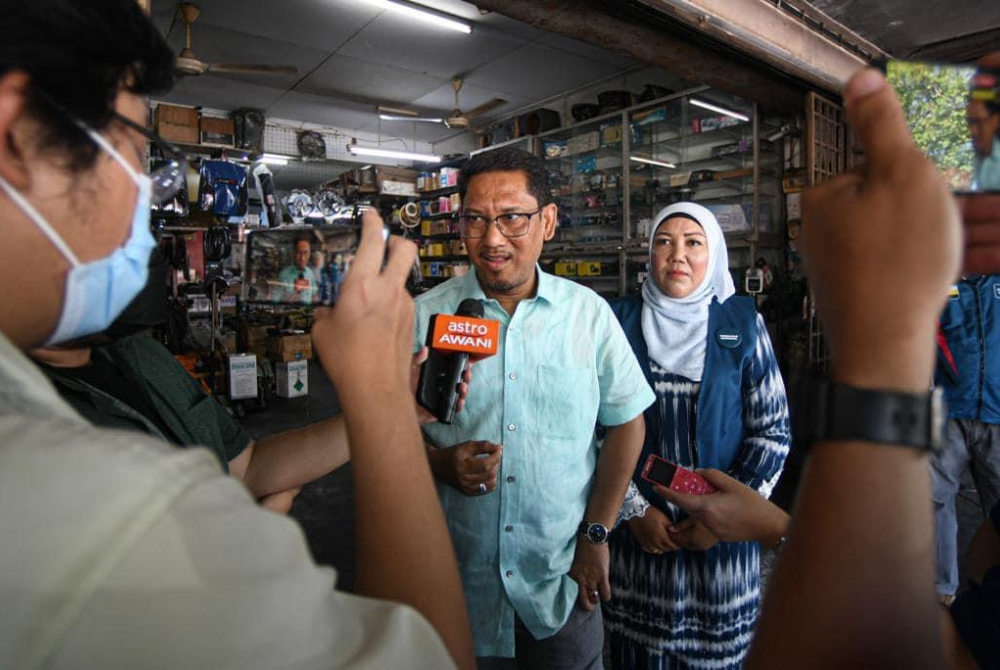
“There was nothing much done under Peja (Faizal’s nickname) and Saarani (incumbent MB of BN, Datuk Seri Saarani Mohammad) only had a short spell to do anything significant for the state,” Hamidah surmised.
At the parliamentary level, major inroads by the opposition also happened in the 2008, 2013 and 2018 general elections where PR won 11, 12 and 13 seats in the respective national polls.
As a backgrounder, Perak has a total of 24 parliamentary seats.
In the coming 15th General Election, the most interesting electoral bout in Perak is, no doubt, in Tambun; primarily due to the candidacy of PH’s number one leader and prime minister candidate, Datuk Seri Anwar Ibrahim there.
While many believed that the fight will be between Anwar and Peja — who is now contesting under Perikatan Nasional (PN) — those who know Perak politics would beg to differ.
“I would not rule out BN’s Datuk Aminuddin (Md Hanafiah) just yet,” former reporter Firdaus Md Radzi. “He is a local boy and the assemblyman for Hulu Kinta; a state seat in Tambun.”
Firdaus’ contention seemed to hold gravitas as historically, Tambun is traditionally Umno’s seat.
“In 2004, BN won it by a huge majority of 17,360 votes. In 2008, the winning majority was reduces to 5,386 but in 2013, the party won Tambun with an increased majority of 9,325.
“Indeed it lost Tambun to PH in 2018 but even against the backdrop the massive anti-BN wave, Peja — was then with PH — had only managed to wrest the seat from BN by 5,320 votes... which to me shows just how strong BN is in Tambun,” Firdaus explained.
Even Hamidah concurred with Firdaus’ contention.
“It’s not gonna be an easy fight for both Anwar and Peja,” she believed.
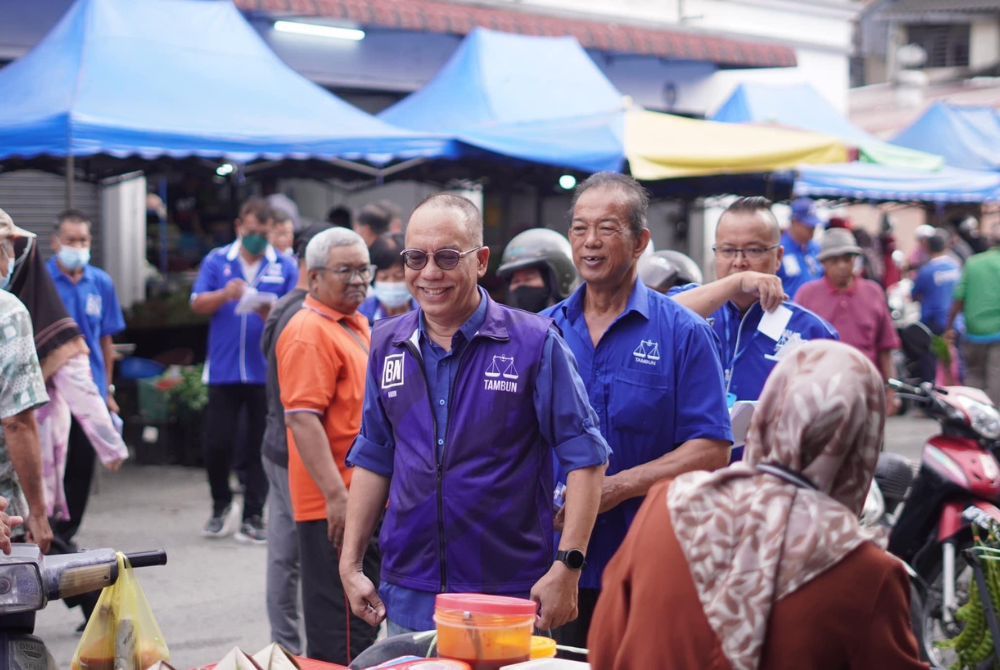
In his first few ceramah in Tambun, Anwar spoke on his credibility to lead the country, recounting a series of praises and endorsements he recieved from global leaders particulary those from Muslim countries.
“President Edrogan (of Turkey) and his Foreign Minister Abdullah Gul, once met me to inform that they wanted to propose my name as the Secretary-General for the United Nations (UN)
“It was the highest position in the world. They say I was the right fit but I declined the offer. I told them, Malaysians are supporting me not to be in UN, but to instead fight for and lead the country,” Anwar claimed.
It was an apt soundbite to speak as the Malays make up 67 per cent of the voters in Tambun but whether such rhetorics will reverberate well among the ethnic majority was still anybody’s guess.
Chances are, it may not.
“If Mahathir (former prime minister Tun Dr Mahathir Mohamad) himself failed to control the DAP when he was with PH, what’s more Anwar?” was the poser from a local at a village in Hulu Kinta, who only wanted to be known as Abdul Majid.
Nontheless, it still too early to tell who is leading the race in Tambun.
But some of the Malays here have been really considering to do what former Pribumi Bersatu youth chief Syed Saddiq Syed Abdul Rahman asked them on April 10, 2018 which was to vote back BN in the next election if PH fails to deliver its election manifesto.
“Perhaps we’ll do just that,” quipped an elderly from Kampung Batu Tersusun 6, Tambun.











